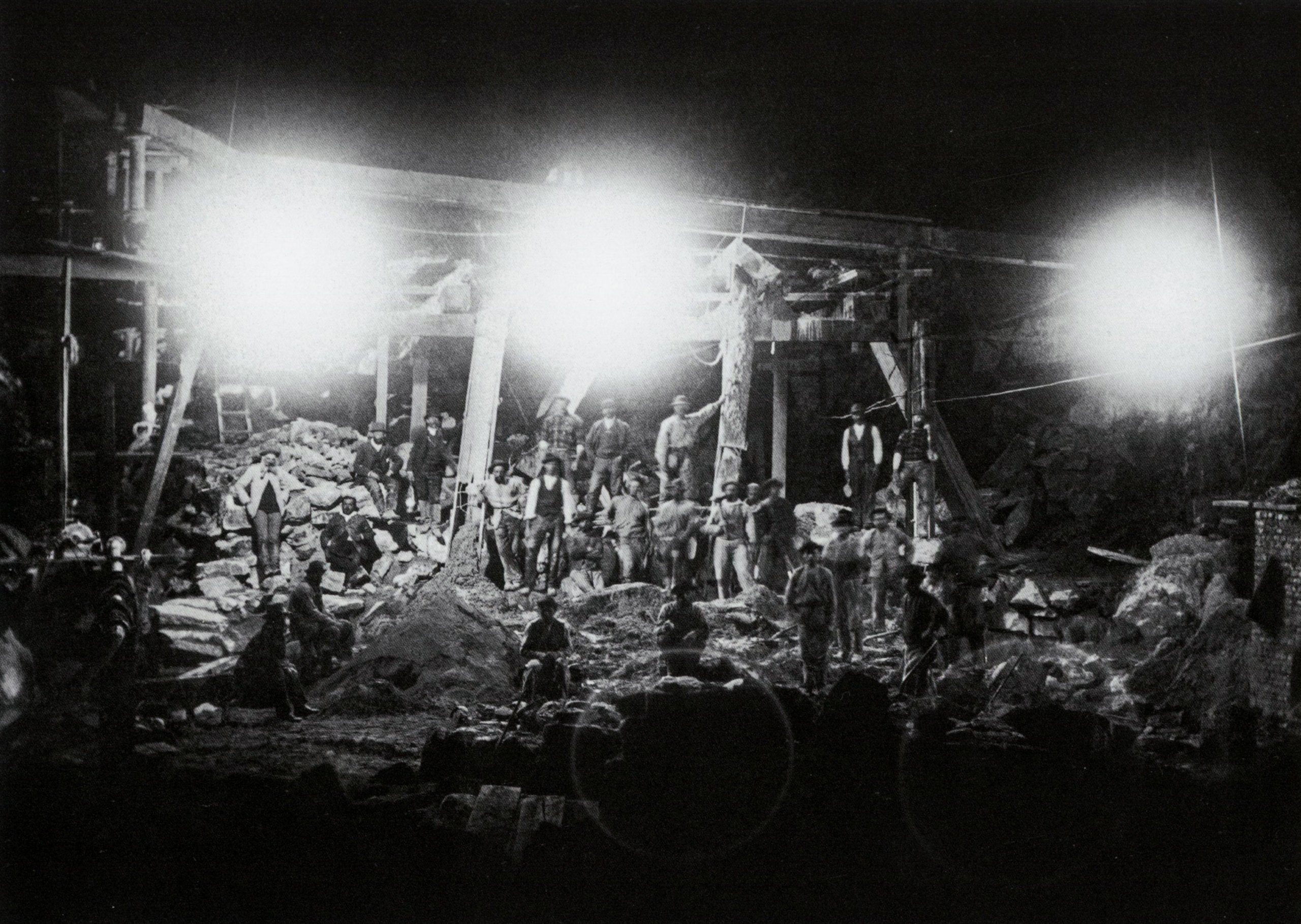In 1904, a man travels through the Argentine provinces with a particular mission: to assess the condition of the working classes and prepare a report for the national government. His name is Juan Bialet Massé, and he is accompanied by Rosich, a young photographer who takes pictures to document the journey.

De sol a sol, FROM DAWN TO DUSK
María Aparicio
120’
- Status
- Director
Director’s statement
Some yearsago I read for the first time the Reports on the stateof the Argentine working classes, written by Juan Bialet Massé in 1904. Since then I think daily of a film capable of replicating the fascination that reading them produced in me. He was 57 years old when a minister of the government entrusted him with the mission of traveling through the country to prepare this report. Fulfilling his task, the man thus embarked on an extensive, arduous, and detailed journey and after a few months, he presented an extensive manuscript plagued with descriptions, details, thoughts, characters, scenes and landscapes, that would be fundamental in later years to lay the foundations of Argentine labor legislation. De sol a sol comes from imagining this man and his journey, and from thinking what an image capable of resonating with what his report evokes would be like. It also comes from thinking of these texts as a singular access to my country’s past, as misty as it is ignored. In that past and in its continuity to the present there is a shadow: thousands of Argentines living the daily martyrdom of exploitation. At the same time, there is also a strange coincidence: at the very moment when Bialet embarks on his journey, the first forms of cinema begin to exist in the world.
Technical sheet
- Production:Las Flores (Ana Apontes : anettapontes@gmail.com, Ramiro Sonzini : ramirodsonzini@gmail.com)
La Buena Hora (Rodrigo Guerrero : labuenahoracine@gmail.com) - Funds:Joaquim Jordà Grant
- Shooting country:Argentina
- Budjet:228 313 €
- Acquired budget:37 036 €